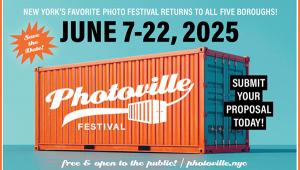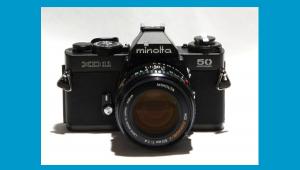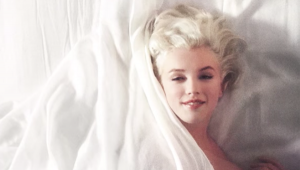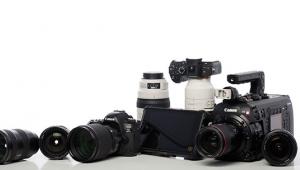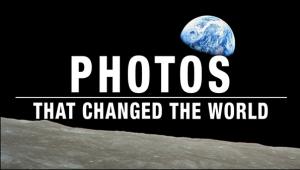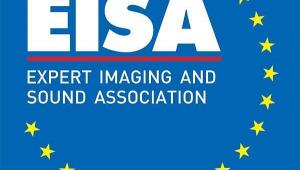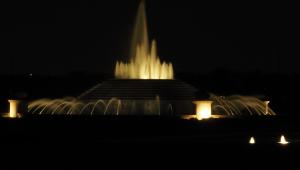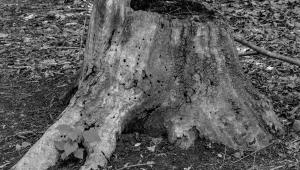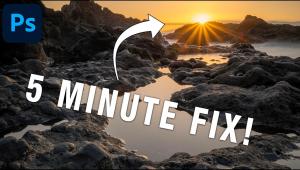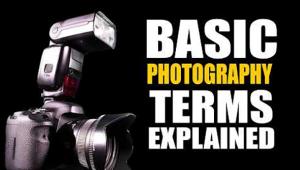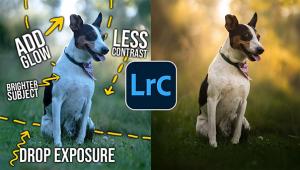Do You Know Your Rights as a Photographer? Read These Guidelines From the ACLU

These days photographers have to be somewhat conversant with the law, and most shooters who publish their work make it a point to know their obligations with regard to the rights of their models, copyright regulations and the like. But what about YOUR rights as a photographer?
One concern that has unfortunately come to the forefront in these turbulent times is what you should do (whether you’re an amateur or a pro), if you are detained by police for taking photographs. The American Civil Liberties Union has advocated for photographers’ rights through litigation and education, and they’ve published some simple-but-informative guidelines that deserve a quick read.

Despite the fact that law enforcement officials have been known to “ask” people to stop shooting in public venues, here’s what the ACLU has to say about the matter:
“Taking photographs and video of things that are plainly visible in public spaces is a constitutional right—and that includes transportation facilities, the outside of federal buildings, and police and other government officials carrying out their duties.” It pays to be polite doing so, but the ACLU advisory adds that your right to document the work of police with your camera is a critical check and balance.
“It is no accident,” the report explains, “that some of the most high-profile cases of police misconduct have involved video and audio records.” Another concern is that artistic expression should not be chilled for fear of scrutiny by law enforcement officials.
Start by visiting the ACLU website, where you can read the full report and find other information on photographers’ rights.
